TEHRAN(Bazaar) – Tariq Raouf, former Director General of the Atomic Energy Agency says at present, neither Iran nor the US have any strong incentives or pressures to make compromises on reaching agreement on restoring the JCPOA.
He adds that in any case, Iran's technical advances on uranium enrichment have made the JCPOA limits outdated.
Following is the text of the Bazaar interview with Tariq Raouf.
Q: Iran has announced that talks with IAEA will soon resume regarding the disputed issues, and following the agreement, the Iranian technical delegation will be sent to Vienna in the coming days to discuss this matter with agency officials. Can the resolution of these issues lead to the rapid revival of the JCPOA?
A: This matter of the natural uranium particles is unlikely to be fully resolved due to the long time that has elapsed since suspected undeclared nuclear activities more than 20 years ago. This matter should be closed on the grounds that it can no longer be pursued further due to insufficient information and the long time that has elapsed.
Q: Mikhail Ulyanov, Russia's representative in international organizations in Vienna and the country's representative in JCPOA negotiations said. I am confident that the remaining issues related to Iran's past nuclear program can be quickly resolved through dialogue with IAEA. What is your assessment of his words?
A: It is unlikely that records and documentation exist to solve open questions, hence close the matter as described above.
Q: The United States has announced that the revival of the JCPOA is not currently on the agenda of this country. Can these statements be considered to persuade public opinion? Because the US has been negotiating with Iran for a prisoner exchange in the midst of Iran's protests.
A: The US is going into mid-term elections that Biden's party will lose to the Republicans. Furthermore, the harsh crackdown on protesting women and others in Iran shows the weakness of the Tehran government and thus the US is hoping that the government will be weakened and thus forced to compromises?
Q: Robert Malley has recently announced that a military attack on Iran’s nuclear facilities is considered the last option. Don't you think that such threats, which were raised more strongly during Trump's era, did not help to solve the problems?
A: Now that Netanyahu is coming back into power, Biden is weak and getting weaker, the possibility of military attacks, sabotages, assassinations of scientists could be useful to distract public attention from domestic economic troubles and also to weaken the power of the IRGC in Iran, which already have demonstrated their weakness and inability to prevent sabotages and assassinations.
Q: In a conversation with Josep Borrell, Hossein Amir Abdollahian spoke about Iran's message to America through the European Union and declared: “Iran is ready to reach a good, strong, and stable agreement. We presented our opinions in a constructive and forward-looking manner to the American side.” What is your assessment and can the parties start and conclude the talks at this time?
A: At present, neither Iran nor the US have any strong incentives or pressures to make compromises on reaching agreement on restoring the JCPOA. In any case, Iran's technical advances on uranium enrichment have made the JCPOA limits outdated.

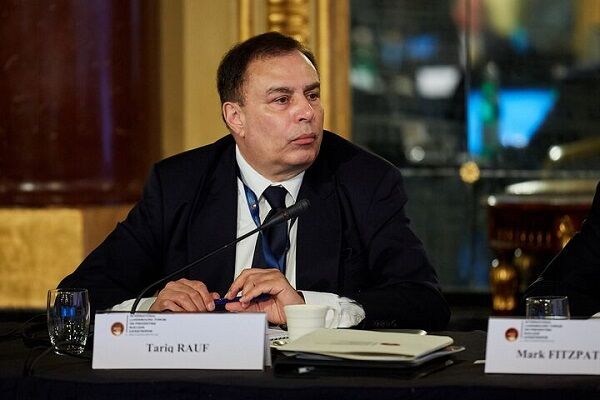






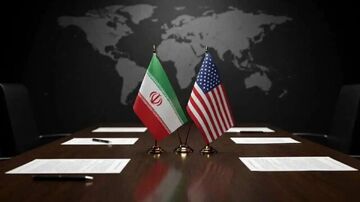
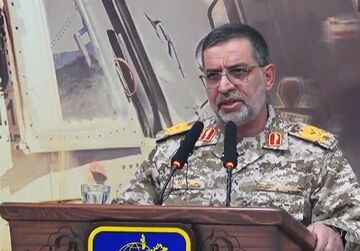
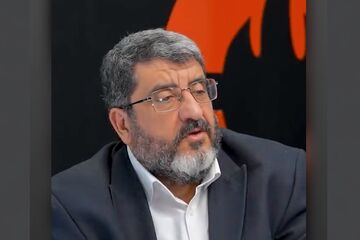
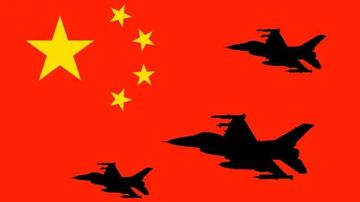


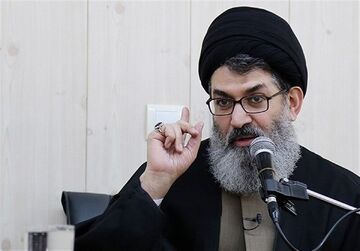

نظر شما